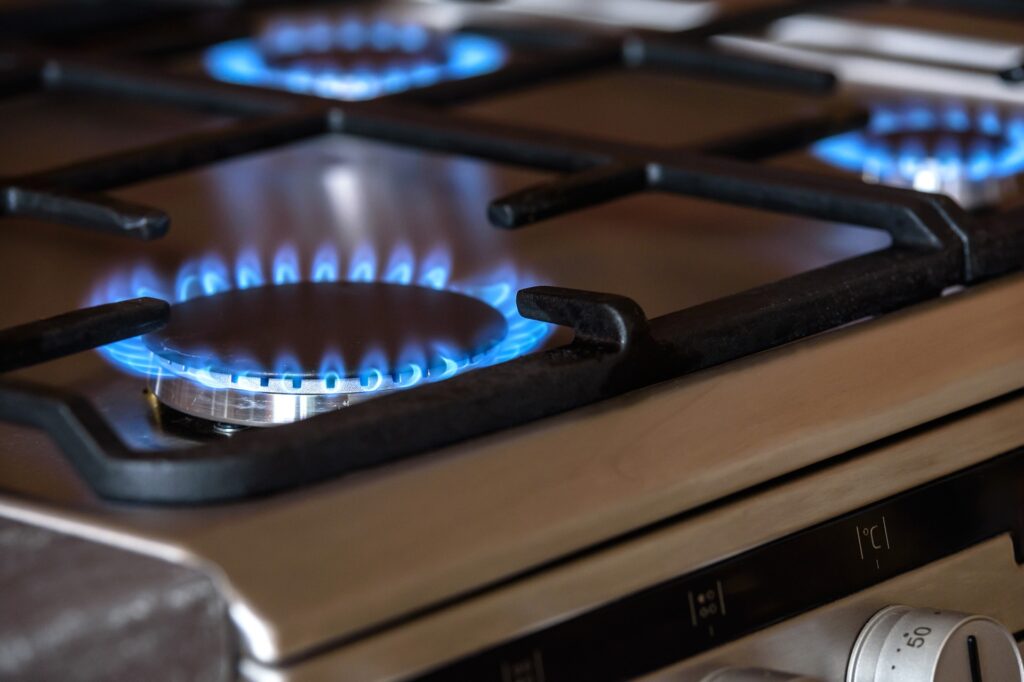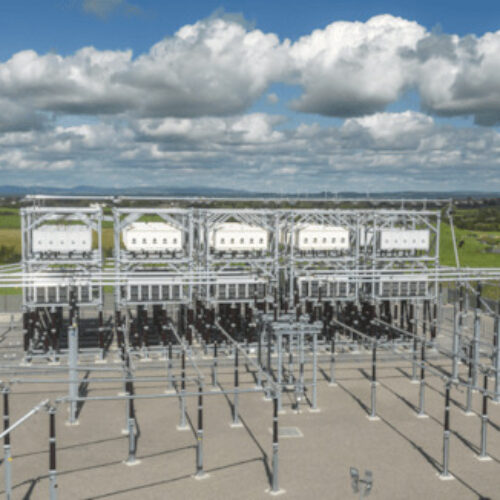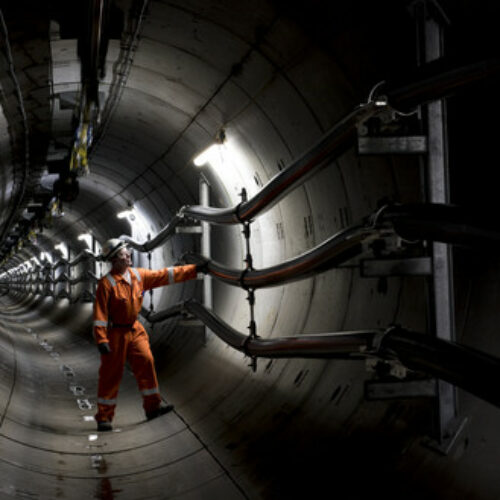Labour has called for a windfall tax on North Sea Oil and Gas companies to help fund measures to protect households from expected energy bill increases in April.
With gas prices throughout Europe going up exponentially in 2021 and remaining high into 2022, the price cap is expected to increase dramatically when it is reset in April. Research from Cornwall Insight suggested it could rise by approximately 46% to £1,865 for example.
As such, those in government and the energy sector have been evaluating pathways to protect consumers, with increasing calls for action.
A windfall tax would help address the immediate crisis, the Labour party has now argued, allowing fully-funded support for the squeezed middle, pensioners and the lowest earners. These groups could receive up to £600 off bills, as well as the tax helping to long term measures to keep energy bills lower in the future.
The opposition party said it would use the one-off tax to reduce Britain’s reliance on imported gas by accelerating home-grown renewables and new nuclear, to rollout retrofit measures for 19 million homes that could save households on average £400 a year on bills and regulate the market better to help prevent the supplier failures seen over the last year.
“There is a global gas price crisis, but 10 years of the Conservatives’ failed energy policy, and dither and delay has created a price crisis that’s being felt by everyone,” said Rachel Reeves MP, Labour’s shadow chancellor of the Exchequer.
“That’s why Labour would give families security by taking fully-funded measures to save most households around £200 or more, targeting extra support on top of that for the squeezed middle, pensioners, and lowest earners.”
The call for a tax follows Labour calling for changes to VAT to help reduce the impact of surging prices earlier this month.
A number of groups have called for changes to VAT and environmental levies in the short term to manage surging prices, including a group of 20 Conservative MPs and peers that penned a letter in the Sunday Telegraph at the beginning of January to that effect.
Gas prices increased by around 500% throughout 2021, and with Britain still relying on gas for more than 30% of its electricity this has had a dramatic knock-on impact on electricity prices. For example, day-ahead wholesale prices averaged at £126.14/MWh in Q3 2021, up 69% from the previous record of £74.85/MWh set in the previous quarter, according to EnAppSys. They are expected to have been even higher in Q4, as demand grew as the weather got colder.
These record high prices have been the biggest driver of supplier collapses, with many pointing to the price cap that meant they had to sell power at well below what they could buy it for if they were not hedged.
In 2021, 27 suppliers collapsed in total, including 25 since gas prices began to truly spike from August. This slew of collapses led Ofgem to announce it would consult on the energy price cap in November.
“Families and businesses are facing an energy price crisis because a decade of failed Conservative energy policy has left us deeply vulnerable as a country,” said Ed Miliband MP, Labour’s shadow climate change and net zero secretary.
“They failed to regulate the market, failed to protect our gas storage, failed to accelerate the renewable and nuclear transition, and failed to insulate homes.
“It is entirely right that the energy producers which are benefitting from this crisis are asked to pay their fair share.”





